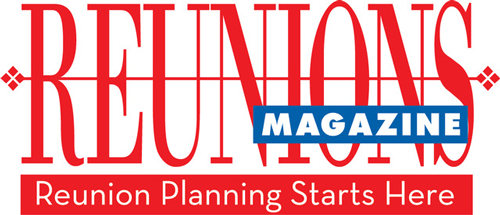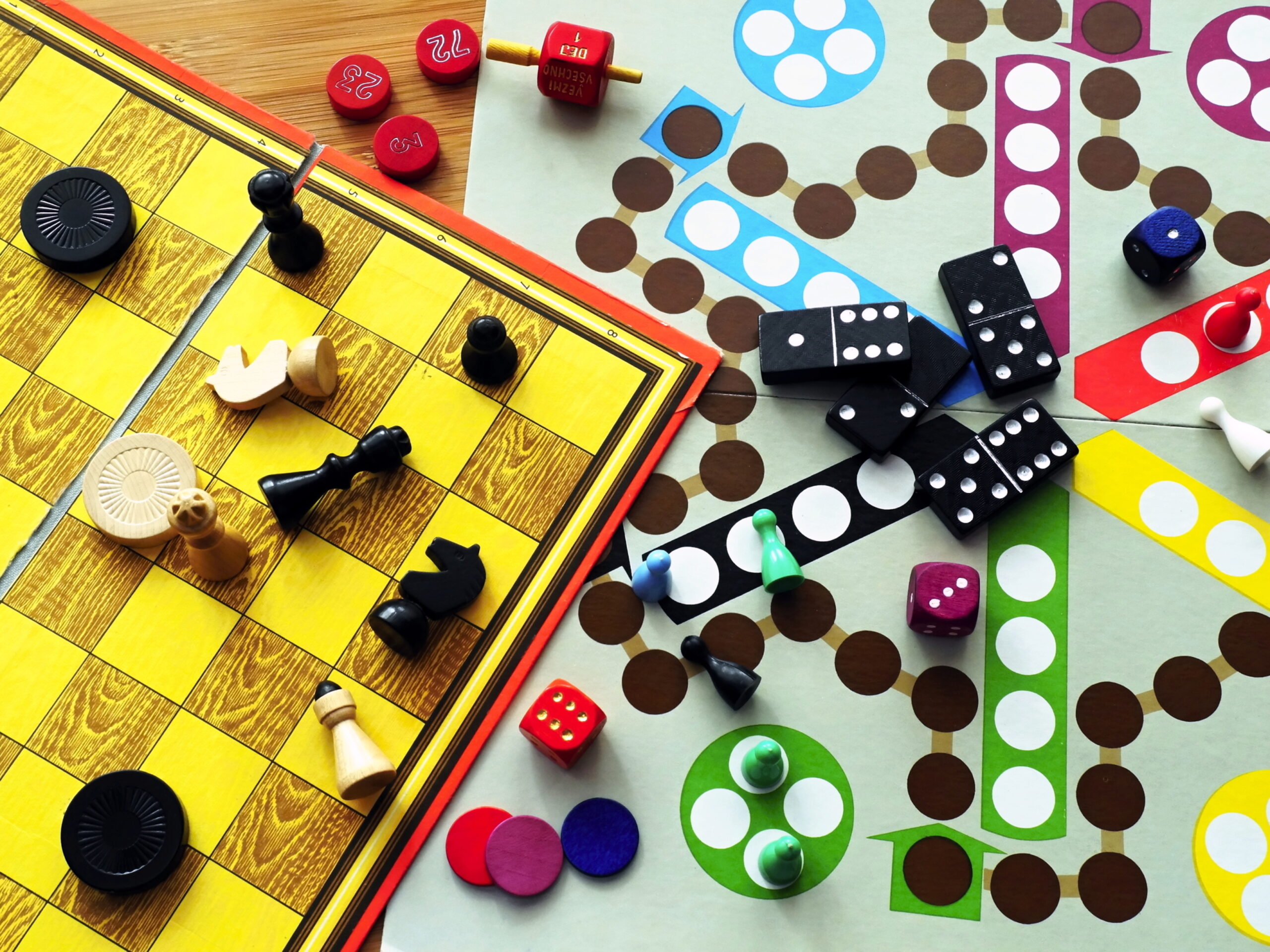by Edith Wagner
Every successful reunion requires good leadership. And it’s best to not do it solo. There is much evidence that one person can organize a reunion alone. But is it fair? And does it generate the greatest possible commitment? One person must be the leader, but if that person also delegates tasks and inspires lots of volunteers, there will naturally be more interest in and ownership of the reunion. Here are some ideas about reunion leadership for your consideration and also to keep in mind when reunion leadership must be passed on to the next leader.
Sharing the load
In families with regular reunions, there are many forms of sharing the load. When delegating, make sure each volunteer understands the purpose of the task. If necessary, write instructions, read them together, then ask questions to make sure the job is understood. Don’t take on everyone else’s overload. Find others to help.

Each of the six families comprising the McGinty Family Reunion has a representative on the Board. Within the extended family structure, family talents come to light. As extended families come to know one another, members learn to use the talents of others to mobilize resources. Members learn to use knowledge, expertise and resources within their own families.
Organizing your reunion by yourself can be lonely and may not get the results you want. Anyway, it’s lots more fun when you share the planning, work and worries. Involving others as early as possible means help ranging from moral support (no small thing!) to taking charge of large and small details. Early involvement should also include monetary contributions to defray start-up phone, printing, and postage costs, and deposits soon after.
Listen to all ideas
Of course, people who make suggestions should be ready to help or assume responsibility to carry them through! Some aspects of reunions — such as newsletters, parts of the program, decorations or food — can be accomplished by enthusiastic, dedicated individuals who often have special talents. Some of the computer-related stuff can even be handled by younger family members.
Reunions are best when ruled by consensus — equality and ownership are great group motivators. Every member owns a reunion equally. Every member has a voice — those who choose not to use their voices choose to enjoy what others plan.
Beth Gay of Moultrie, Georgia
Starts with relatives who live nearby. It can be just a committee of two or three to make basic decisions. 1) Do you need officers? 2) Who will keep records? 3) Is a chaplain needed? She suggests monthly family meetings. Yes, every month; Sunday afternoon is her best time. Call everyone about the meetings. Better yet, send reminder post cards. Everybody is busy — it’s easy to forget. Remind everyone every month.
During the meetings you can do lots of things together. Gay suggests work on a quilt, scrapbook, cookbook or banners and signs. Then, mailings; newsletters, fliers and invitations. “The greatest thing gained at meetings,” she says, “is that you become better acquainted and all this work, planning and caring will show at your reunion.”
Emma J. Wilson
Summarized the reunion of descendants of Mary Cage Givens Gilmore in Nashville, Tennessee: Committee members in Arkansas, Texas and Ohio planned the reunion at a meeting during the year-end holidays. An agenda helped spark ideas and smooth details. They discussed activities, mapped strategies, decided upon a site coordinator, treasurer, someone to be in charge of correspondence, t-shirt selection and the family tree. Each carried out assigned tasks from their homes and kept expenses reasonable.
Melenda Gatson Hunter of Lathrup Village, Michigan
Melenda Gatson Hunter of Lathrup Village, Michigan, writes “In retrospect, I think it’s really important for families to have reunions to teach children about their heritage. Reunions are a lot of work but it’s worth it to see your family. You don’t know if you will see some of them at the next reunion.”
For the Wills Family Reunion, Hunter broke a huge challenge into manageable increments and assigned/cajoled talented family members to the right jobs: chair, co-chair, treasurer, hospitality, registration, souvenirs and t-shirts and tour. Hunter, a family historian with high-tech computer skills, took on program planning. She created a display board and memory book; collected for and assembled goodie bags and door prizes. “Reunions are a lot of work but it’s worth it to see your family. You don’t know if you will see some of them at the next reunion.”
New people mean fresh ideas. People who work to implement reunion goals will continue to support and improve it. Avoid burnout by sharing the workload with everyone.
About the Author
Edith Wagner is the editor of Reunions magazine, author of Reunions Workbook and Catalog and The Family Reunion Sourcebook (Lowell House, Los Angeles) in bookstores now. She collects material for this column and Reunions magazine from family reunions and invites you to e-mail us your reunion ideas, concerns or questions.






